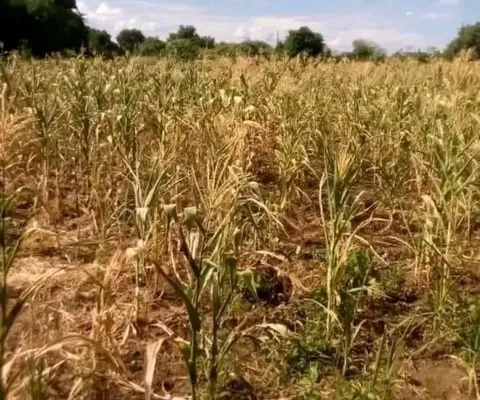
Following a 33-day dry spell Balaka district experienced due to the El Nino weather pattern, at least 109,340 farmers fear being food insecure in the district.
This follows the erratic rainfall the district has been receiving since the onset of the rainy season.
According to the District Agricultural Extension Coordinating Committee (DAECC), Senior Agriculture Officer, Samuel Chinkhadze, the total hectares of the maize crop in the district during the 2023-2024 agricultural season was 95073.8.
“Out of the total hectares, 72,375.9 has been affected with 27771.1 completely dying. Currently, some farmers are harvesting their crop but it is from the garden to the maize mill as they do not have food currently, meaning a lot more people will be food insecure soon,” said Chinkhadze.
Chinkhadze has since urged all stakeholders to work together with the agriculture office in assisting the affected saying irrigation farming is the immediate option.
He added that the district has a total of 1351.5 hectares of land potential for irrigation, 666 hectares of which are currently irrigable and operational.
“The district has a big potential area for irrigation farming of 1351.5 hectares with only 666 being utilized, it is recommended to provide farm inputs to those farmers that have access to irrigation water sources,” he added.
According to Chinkhadze, only drought-tolerant and early-maturing crop varieties are advisable because most of the potential irrigation sites might not have adequate moisture or water reserves.
Commenting on the same, the Project Officer for Churches Action in Relief and Development (CARD), who is also Balaka DAECC Chairperson, Mercy Chakoma indicated that their organization is ready to come in and support the affected.
“We have planned to support 600 families in our catchment area Nkaya where small-scale irrigation will be intensified. Even without this report, we already knew there was a need to look at how the maize crop has fared out there.
“We will also provide solar mobile pumps which will be helping them during the irrigation and the communities will also be assisted in rehabilitating shall wells so that their water points will be reliable,” she explained.
Chakoma has also indicated that small-scale livestock will be distributed to the affected as a backup in case the irrigation does not work.
She further called upon other stakeholders to come forward and assist.














